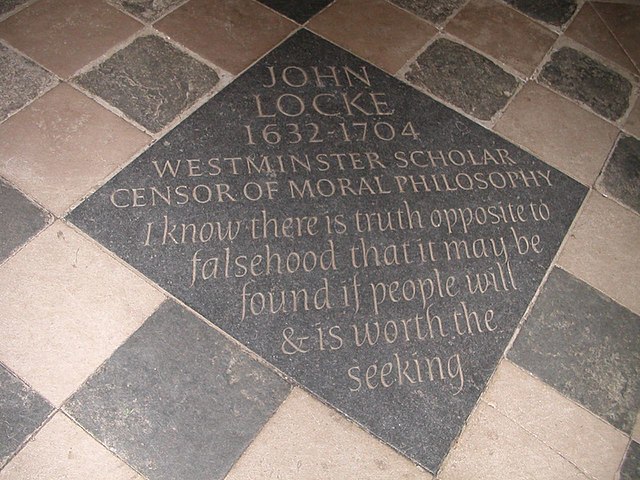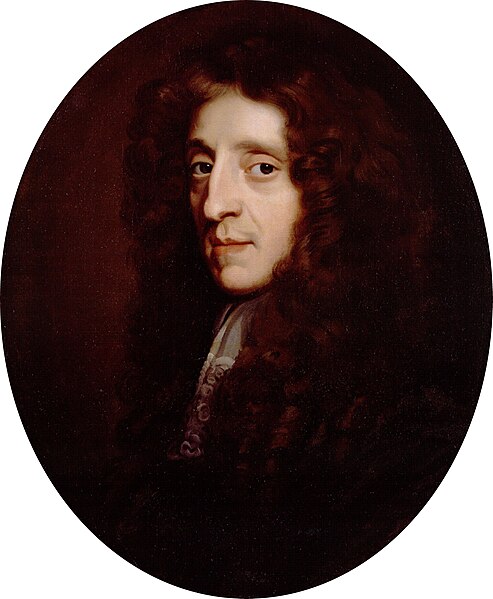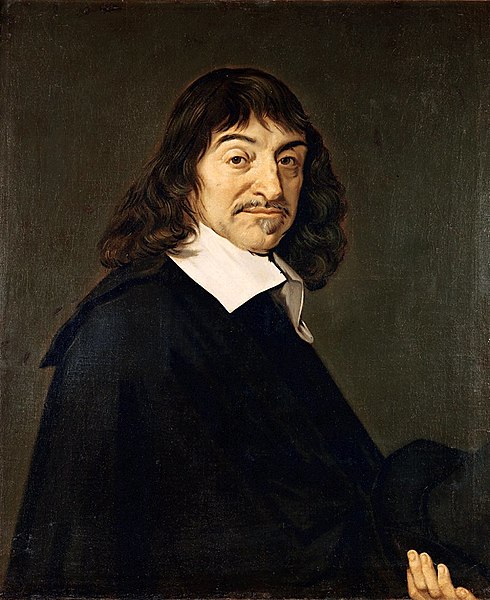John Locke was an English philosopher and physician, widely regarded as one of the most influential of Enlightenment thinkers and commonly known as the "father of liberalism". Considered one of the first of the British empiricists, following the tradition of Francis Bacon, Locke is equally important to social contract theory. His work greatly affected the development of epistemology and political philosophy. His writings influenced Voltaire and Jean-Jacques Rousseau, and many Scottish Enlightenment thinkers, as well as the American Revolutionaries. His contributions to classical republicanism and liberal theory are reflected in the United States Declaration of Independence. Internationally, Locke's political-legal principles continue to have a profound influence on the theory and practice of limited representative government and the protection of basic rights and freedoms under the rule of law.
Portrait of Locke, 1697
John Locke's portrait by Godfrey Kneller, National Portrait Gallery, London
Engraved memorial plaque at Oxford
Portrait of John Locke by John Greenhill (died 1676)
The Age of Enlightenment was the intellectual and philosophical movement that occurred in Europe in the 17th and the 18th centuries. The Enlightenment featured a range of social ideas centered on the value of knowledge learned by way of rationalism and of empiricism and political ideals such as natural law, liberty, and progress, toleration and fraternity, constitutional government and the formal separation of church and state.
Reading of Voltaire's tragedy, The Orphan of China, in the salon of Marie Thérèse Rodet Geoffrin in 1755, by Anicet Charles Gabriel Lemonnier, c. 1812
René Descartes, widely considered a seminal figure in the emergence of modern philosophy and science
German philosopher Immanuel Kant, one of the most influential figures of Enlightenment and modern philosophy
Cesare Beccaria, father of classical criminal theory








